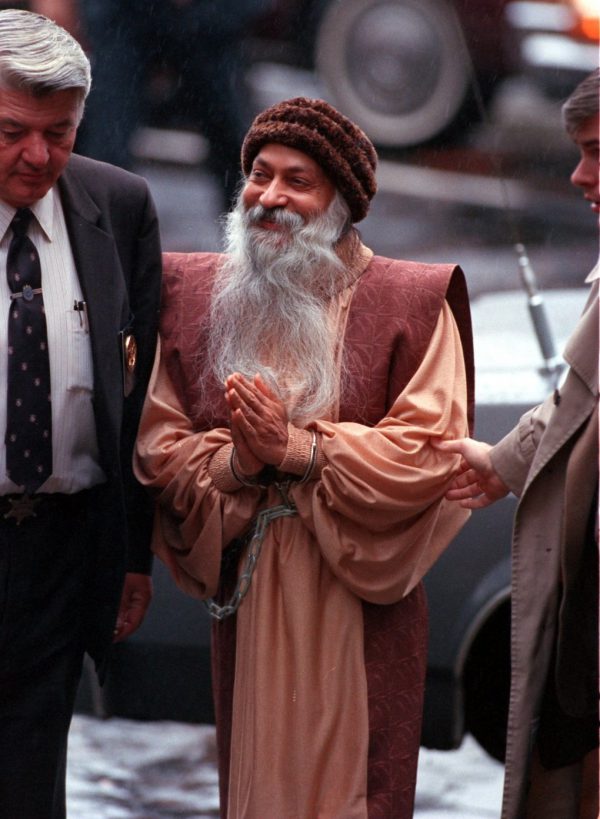For some it happened recently. This blogger doesn’t refer to the Court’s ruling on same-sex marriage, but it’s hard not to think he has it in mind:
The 350-year marriage of Protestant Christian theology and American popular culture is over. Christianity, it may be sadly said, is no longer the preeminent social influence in American life. We Christians who dared to presume that America was ever all and only ours are, apart from some God-ordained awakening, unlikely to “get our country back.” We will live and work henceforth, as do most other Christians around the world, amidst a public square hostile to our beliefs.
The odd wrinkle to Christian readings of the American revolution is that the United Kingdom was a Christian nation. Presbyterians were the established church in Scotland. And King George was head of a church that claimed George Washington as a member (and he was an orthodox Christian, you know). Plus, it seems that King George III wasn’t all that bad a king.
What the United States did was to establish itself without a Christian church. Advocates of a Christian America may not like the language of the separation of church and state, but what the United States did in comparison to Europe and 1500 years of history (and even compared to France where Napolean eventually made Roman Catholicism the established church) was to create a nation without a state church (at the national level — hello) and that prohibited religious tests for holding office. That also meant the churches (except for Congregationalists in New England) had to pay as they went on the basis of their own creative schemes for finding parishioners and persuading them to give (till it hurts — I mean, tithe).
So even though American has been secular for a long time — as long as the U.S.A. has existed — the events of two weeks ago seem to be decisive for making Christians of all kinds abandon the United States as a blessed, favored, or welcome place.
No one except for Rusty Reno seems to recall that in 1996, a time when the Internet was just catching on, Christians were also worried about “The End of Democracy”:
The prospect of a purely political decision from the Court led me back to the famous First Things symposium published in November 1996: “The End of Democracy?” The occasion for that symposium was a federal circuit-court decision finding a right (subsequently overturned by the Supreme Court) to doctor-assisted suicide. The reasons given were identical to those used to justify America’s abortion regime. Richard John Neuhaus and the others who participated in the symposium were deeply concerned about the perverse way in which our constitutional system was turning liberty into an enemy of life.
No matter what the higher courts decided, physician-assisted suicide is still on the books in Oregon. And the number of Americans — since we are after the 14th Amendment now citizens not of the states but of the nation — dying with the help of doctors in Oregon is growing — from 16 in 1998 to 105 last year.
So what I wonder is whether Christian America ended in 1998. I also wonder why more Christians have not been outraged by a federal government that allows Oregon to persist in this law. Maybe secession is unconstitutional, but can’t the Union kick states out? And why single out same-sex marriage? Wasn’t Roe v. Wade worse?
Is it simply that the Internet now gives Americans more room to hyperventilate about Outrage Porn?

